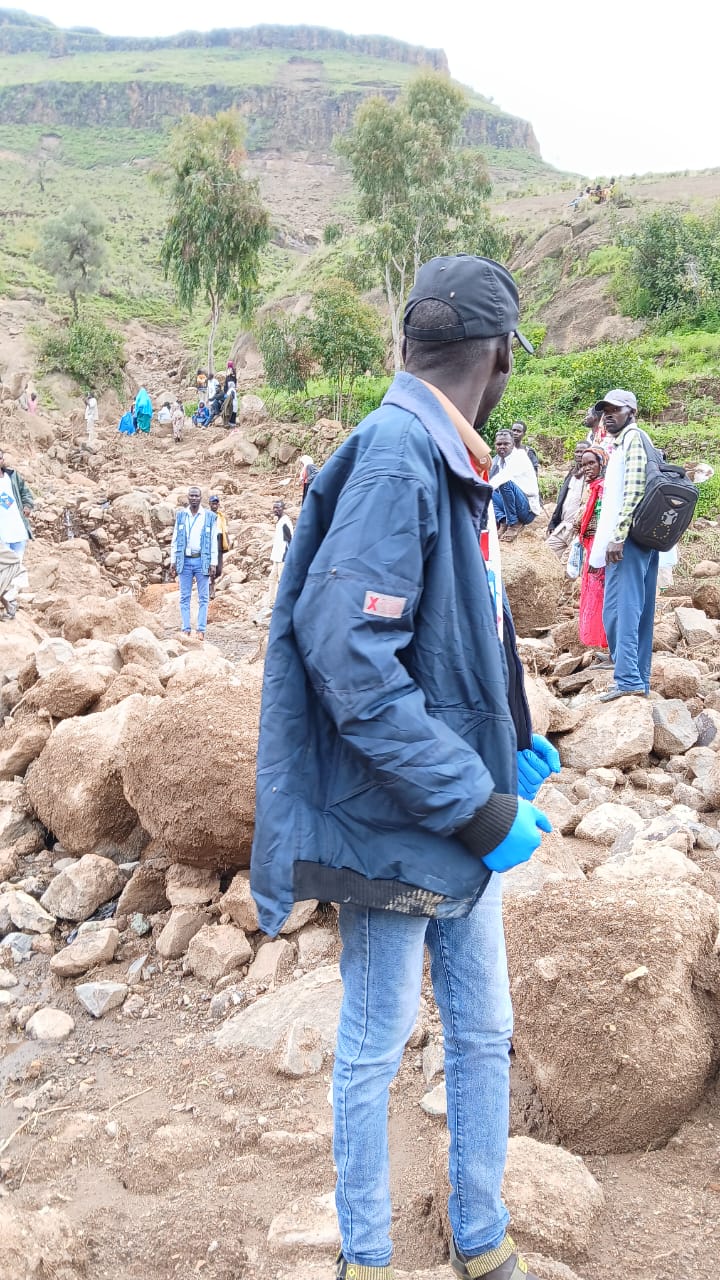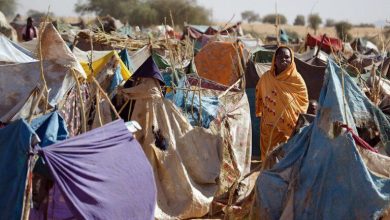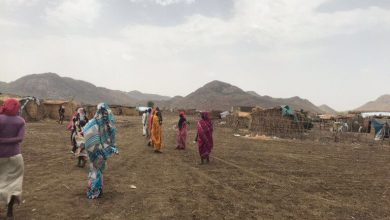
Three sudden landslides struck the remote mountain village of Tarsin in Sudan’s Darfur region last week, burying homes, livestock, and hundreds of families under mud.
Francesco Lanino, operations director at Save the Children, told Agence France-Presse that residents of the devastated village in the Jebel Marra area “lost everything.”
The mountains above the village had become saturated with heavy rains until the hillside collapsed within seconds, burying Tarsin and its inhabitants. According to Lanino, when his team arrived, it was almost impossible to imagine that beneath the mud lay an entire village and hundreds of bodies.
Updated Toll
The latest figures from local authorities and Save the Children report 373 bodies recovered, mostly children. However, the true number is believed to be far higher, possibly exceeding 1,000.
So far, only 150 survivors have been found, including 40 children from Tarsin and surrounding villages. Lanino said there is “a lot of pain and tears in the area,” as families mourn loved ones and children while struggling to retrieve bodies.
Digging with Bare Hands
With no tools or machinery available, survivors were forced to dig through the mud with their bare hands in desperate search for missing relatives. Those who lived through the disaster are left homeless, without food or livestock.
The displaced villagers do not know where to go, as all surrounding areas have been affected by heavy rains. Over three days, Tarsin and nearby communities were hit by three separate landslides.
Residents remain fearful of another collapse, having heard rumbling sounds from inside the mountains. In addition to the torrential rains, the Jebel Marra area is one of Sudan’s most geologically active zones, lying on a major tectonic fault line.
Humanitarian Consequences
Sudan’s General Authority for Geological Research has warned that the landslides could lead to catastrophic humanitarian and environmental consequences. Already, the disasters have killed an estimated 5,000 head of livestock—including cattle, goats, and camels—leaving families without food or income.
Save the Children dispatched 11 staff members—including doctors, nurses, midwives, and social workers—to Tarsin. The team reached the area last Thursday after a grueling 10-hour journey on horseback from the remote town of Golo, through rugged terrain, without roads, and under heavy rain.
The NGO has since established an emergency health center and organized psychosocial support groups for women and children, but the challenges remain immense. With floodwaters contaminating water sources, cholera now poses a grave threat, Lanino warned, noting that some cases have already been recorded in the area.




